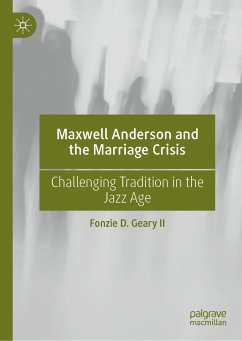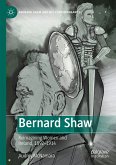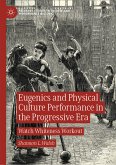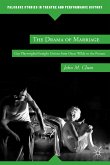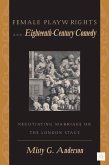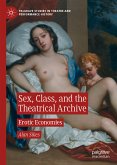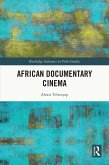This book focuses on the re-evaluation of four Maxwell Anderson plays within the context of the emergence of the New Woman and the perception of a marriage crisis in the United States During the 1920s. The four plays under consideration are White Desert (1923), Sea-Wife (1924), Saturday's Children (1927), and Gypsy (1929). These plays are largely forgotten and, even when the titles appear in Anderson scholarship, coverage has tended to be cursory and dismissive. This work represents a fresh approach and re-assessment of an American playwright who bore a significant impact on the drama of his time, serving not only to place Anderson's work more effectively within the context of American theatre during the 1920s, but also to bridge the gap between his work and the marriage-related plays of the late twentieth and early twenty-first centuries.
¿Fonzie D. Geary II is Associate Professor and Director of Theatre at Lyon College in Batesville, Arkansas, USA. He has researched early to mid-twentieth century American drama for over fifteen years with an emphasis on examining plays for their cultural relevance, and his publications on the work of Maxwell Anderson have appeared in the New England Theatre Journal, the Journal of American Drama and Theatre, and Theatre Annual. He is a Lifetime Member of the American Theatre and Drama Society (ATDS).
Dieser Download kann aus rechtlichen Gründen nur mit Rechnungsadresse in A, B, BG, CY, CZ, D, DK, EW, E, FIN, F, GR, HR, H, IRL, I, LT, L, LR, M, NL, PL, P, R, S, SLO, SK ausgeliefert werden.

